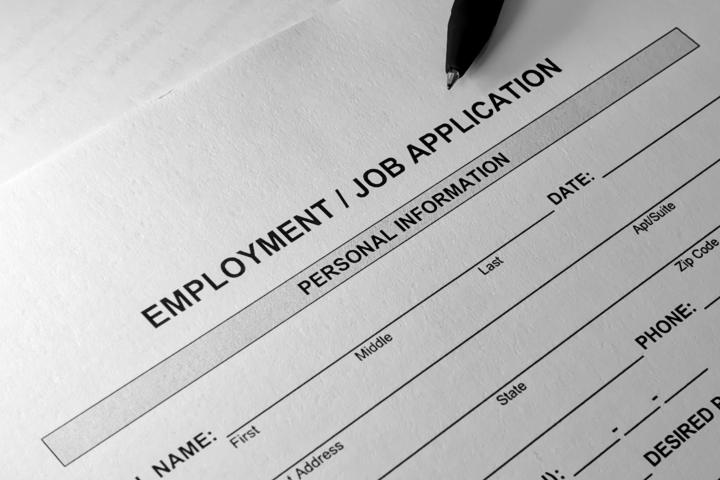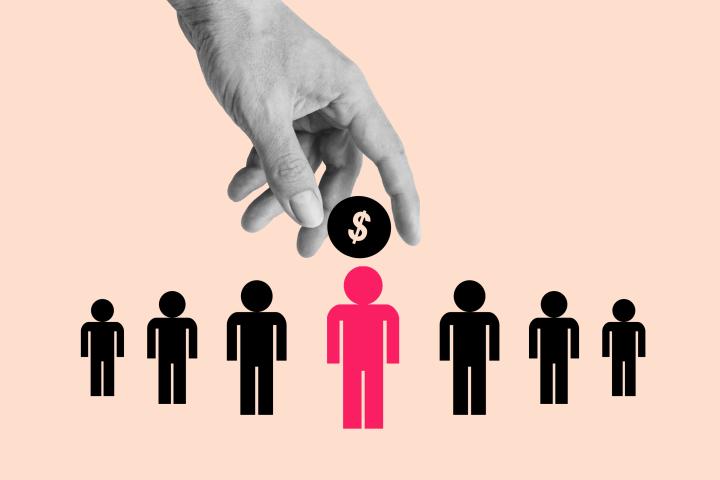Center for Applied Research on Work
CAROW exists to connect research on work with the practice of putting it to use. We support member institutes and affiliated faculty and students in their efforts to take insights about work, labor and employment and share them broadly. We are uniquely placed to seed innovative research projects and partnerships that put academic study into practice. Through training, convening, and the development of new tools, CAROW provides resources to change work for the better.




